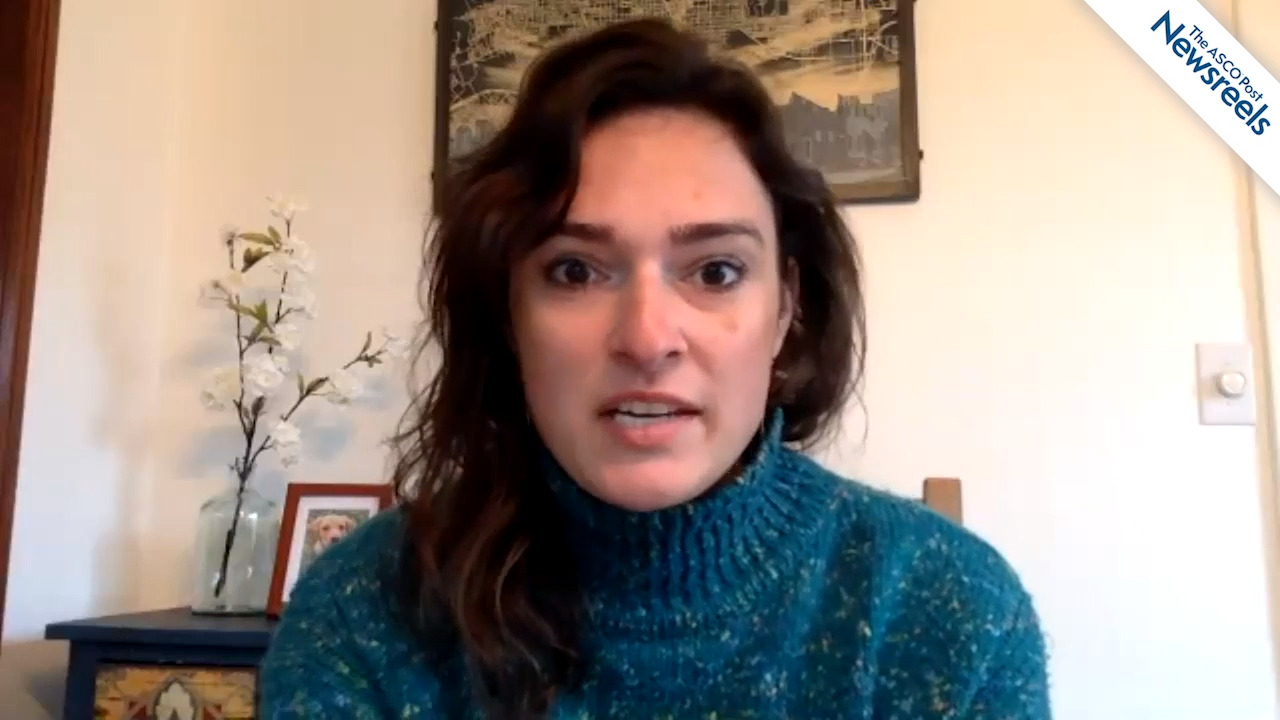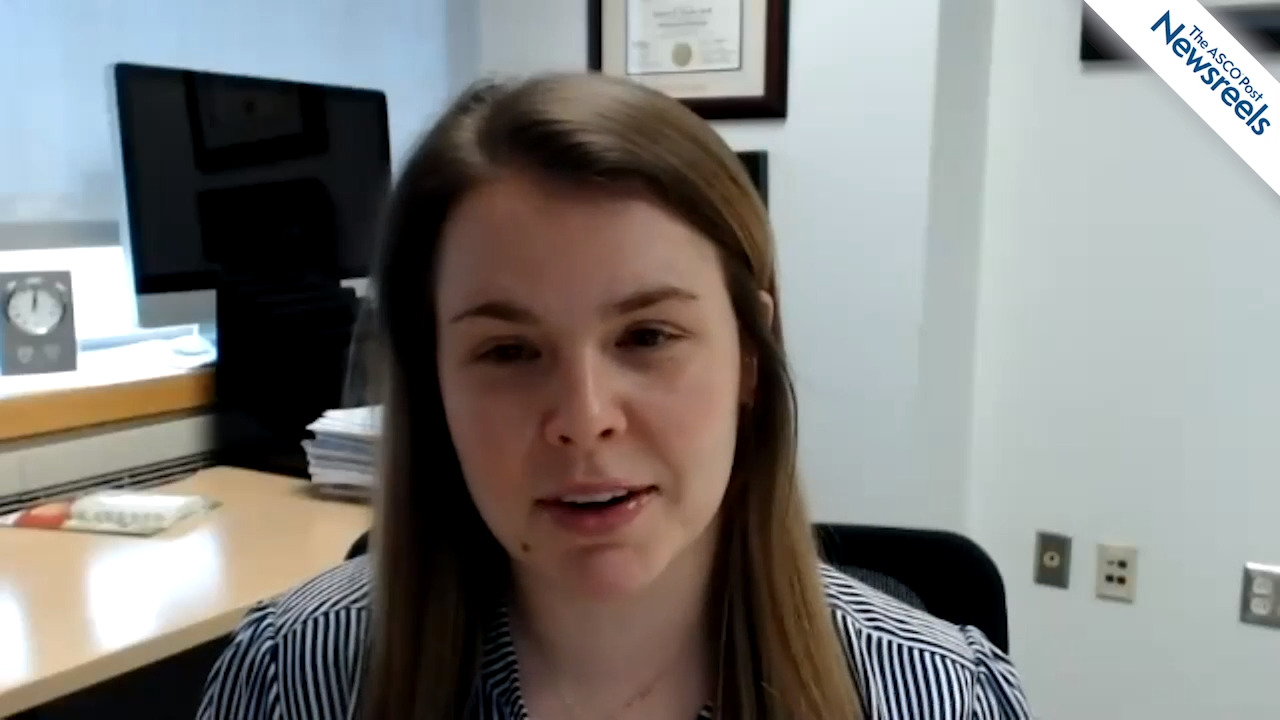Alice P. Barr, MD, on Advanced Ovarian Cancer: Minimally Invasive vs Open Surgery After Chemotherapy
SGO 2021 Virtual Annual Meeting on Womens Cancer
Alice P. Barr, MD, of the Carolinas Medical Center and Levine Cancer Institute, discusses results from a retrospective study, which showed that progression-free and overall survival appeared to be no different with open surgery and minimally invasive surgery for interval debulking after neoadjuvant chemotherapy in women with advanced epithelial ovarian cancer. Perioperative outcomes also seemed to be superior with minimally invasive surgery (ID #10209).
The ASCO Post Staff
Charles N. Landen, MD, of the University of Virginia, discusses results from the first clinical trial in ovarian cancer to demonstrate that neither a BRCA1/2 mutation nor a homologous recombination deficiency improves sensitivity to a therapeutic PD-L1 blockade in patients receiving atezolizumab vs placebo combined with carboplatin, paclitaxel, and bevacizumab for newly diagnosed disease (ID #10240).
The ASCO Post Staff
William H. Bradley, MD, of the Medical College of Wisconsin, discusses results from the SOLO-1 trial on maintenance olaparib after first-line platinum-based chemotherapy for patients with newly diagnosed advanced ovarian cancer and a BRCA mutation. Almost half of the patients treated with olaparib in the study were disease-free at 5 years, vs 20% of those treated with placebo (ID# 10224).
The ASCO Post Staff
Lauren Thomaier, MD, of the University of Minnesota, discusses the genetic variants found to be associated with an increase in chemotherapy-induced neuropathy symptoms in a cohort of gynecologic cancer survivors. Combining these variants with clinical characteristics may provide an important treatment tool (ID# 10253).
The ASCO Post Staff
Laura Chambers, DO, of the Cleveland Clinic, discusses data showing that combining paclitaxel and cisplatin vs cisplatin alone with hyperthermic intraperitoneal chemotherapy at interval debulking surgery improved progression-free survival. There was no difference in postoperative complications, length of stay, or time to chemotherapy, but admission to intensive care units did increase.
The ASCO Post Staff
Supriya Chopra, MD, of Tata Memorial Centre, discusses a final analysis of the phase III PARCER trial, which showed that image-guided intensity-modulated radiotherapy is superior to conventional radiotherapy in reducing bowel toxicity in women with cervical cancer. Acute diarrhea was also reduced, with no difference in disease-related outcomes (ID# 10224).





